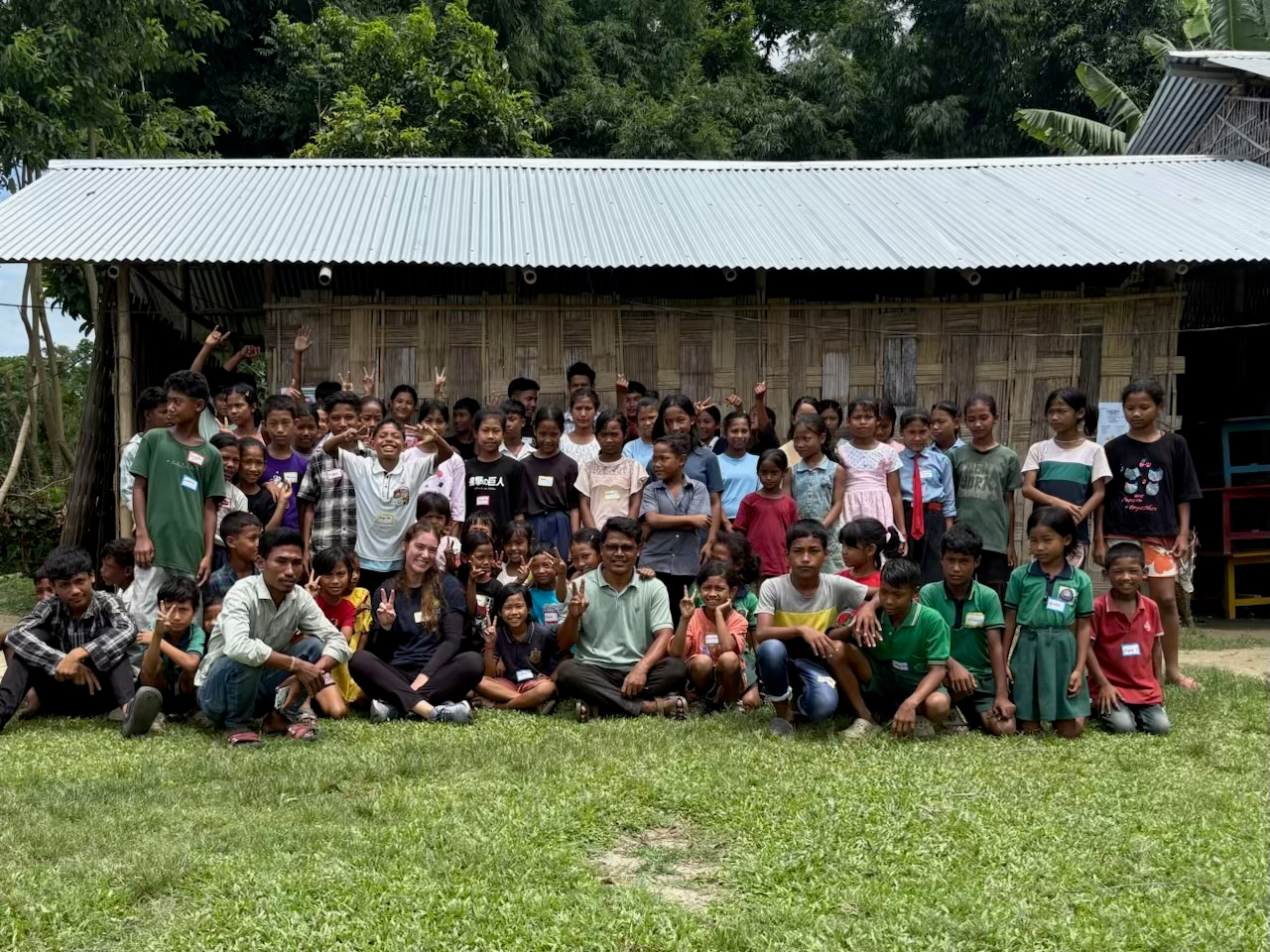
Each day begins with the roosters' crow (seriously) and the buzz of mosquitoes. I reach for the zipper of my mosquito net, the thin barrier that has protected me through the night from the tiny, relentless enemies waiting just beyond. Once on my feet, my mornings are early and full of movement. Depending on the school my partner and I are visiting, the commute may involve a winding drive down narrow rural roads, a jolting ride on a two-wheeler over uneven dirt paths, a wooden ferry crossing one of Majuli’s many rivers, or a bumpy tuk-tuk trip. On some days, we take all four just to get there. But it’s worth every mile. As soon as we arrive, the tiredness from the journey dissolves. The students are buzzing with energy, running toward us with huge smiles that carry the infectious kind of joy. It’s in these moments, before any screenings or workshops begin, that the true purpose of this work becomes clear.
My partner, Dr. Bhagya Nair, leads the clinical side of the project with health screenings, while I run the workshops on foundational health topics like nutrition, hygiene, anemia prevention, and more. Years ago, I was the five-year-old lining up stuffed animals for pretend lessons in my living room, but I never imagined myself teaching in villages halfway around the world. Standing in front of a room full of curious kids, trying to explain complex topics like “iron-rich foods” or “puberty” in ways that are playful, clear, and culturally relevant, has challenged me in the best possible way.
Though my long-term goal is to become a doctor, this experience has reminded me that medicine isn’t just about treatment. It’s also about teaching. And teaching, I’ve learned, requires trust. The most meaningful learning happens after connection. So while the official scope of our project, health education and screenings, has remained consistent, my focus has shifted. Before anything else, I now strive to build relationships, to listen, to play, and to meet students as fellow humans first.
This week, a few girls taught me a few new phrases in Mising, the local village language, and I spent an afternoon playing volleyball with a group of boy students. Later that week, during a workshop on iron-deficiency anemia, those same students shouted back words like “hemoglobin” and “iron” with pride. That moment made something click for me. When children feel seen and valued, they open themselves up to learn. And when learning feels like a shared journey filled with laughter, eye contact, and pictures to bridge language gaps, concepts stick.
While I haven’t discovered any new topics of interest, I have discovered and experienced a universal truth: knowledge travels fastest when accompanied by empathy. In one village, we were thanked with an unforgettable celebration that involved singing, dancing, and even a play where the students reenacted our visit. The warmth, creativity, and generosity of these communities stand in stark contrast to the reductive stereotypes often cast by the West on places deemed "remote" or "underdeveloped." I hope to challenge those narratives by continuing to share what I’ve experienced here.
As Dr. Bhagya reminds me often, “We are all citizens of the world.” And week by week, I’m learning that global citizenship begins with a handshake, a beaming smile, an open mind, and the willingness to learn from one another, even across languages, borders, and oceans.
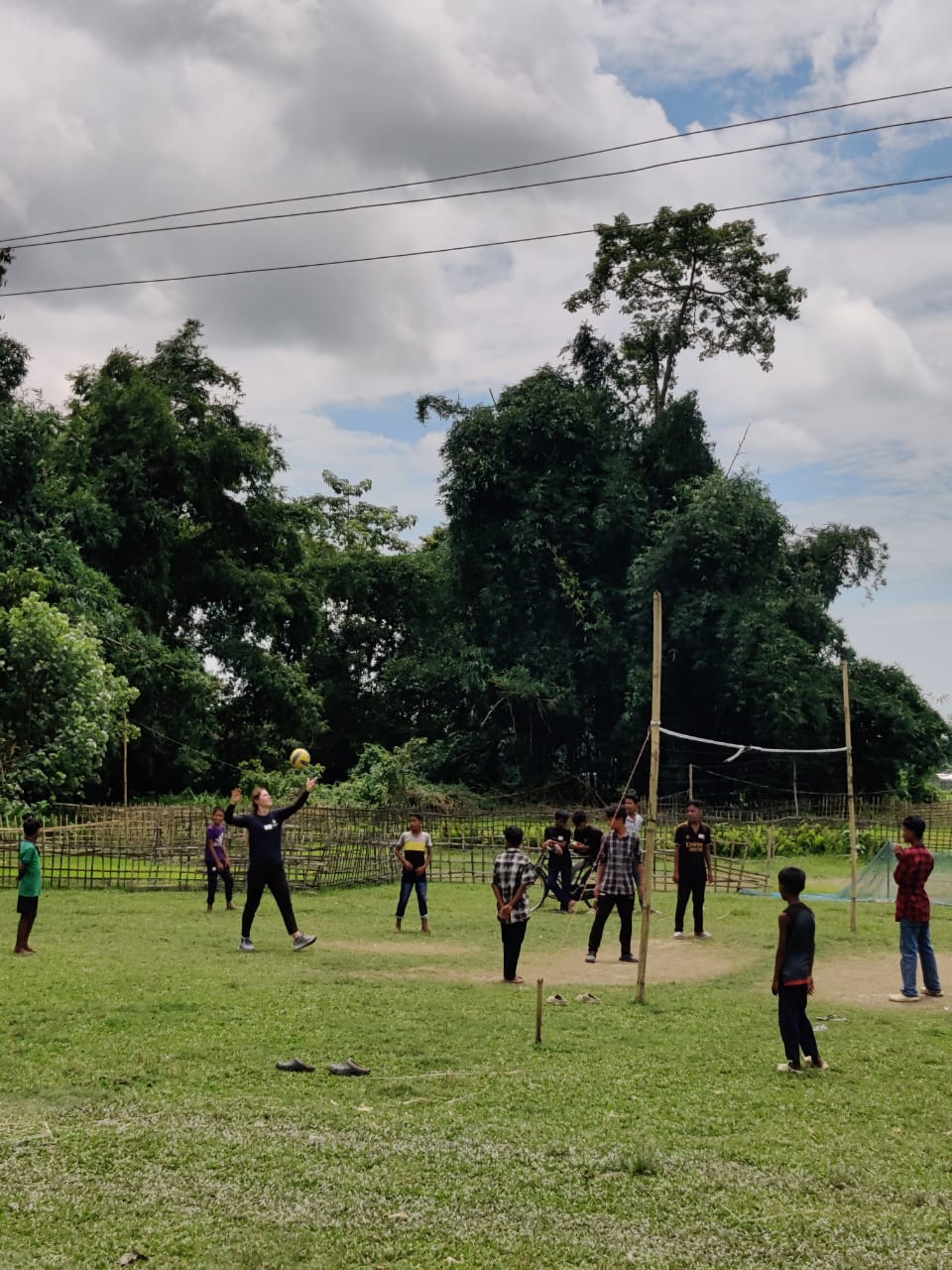
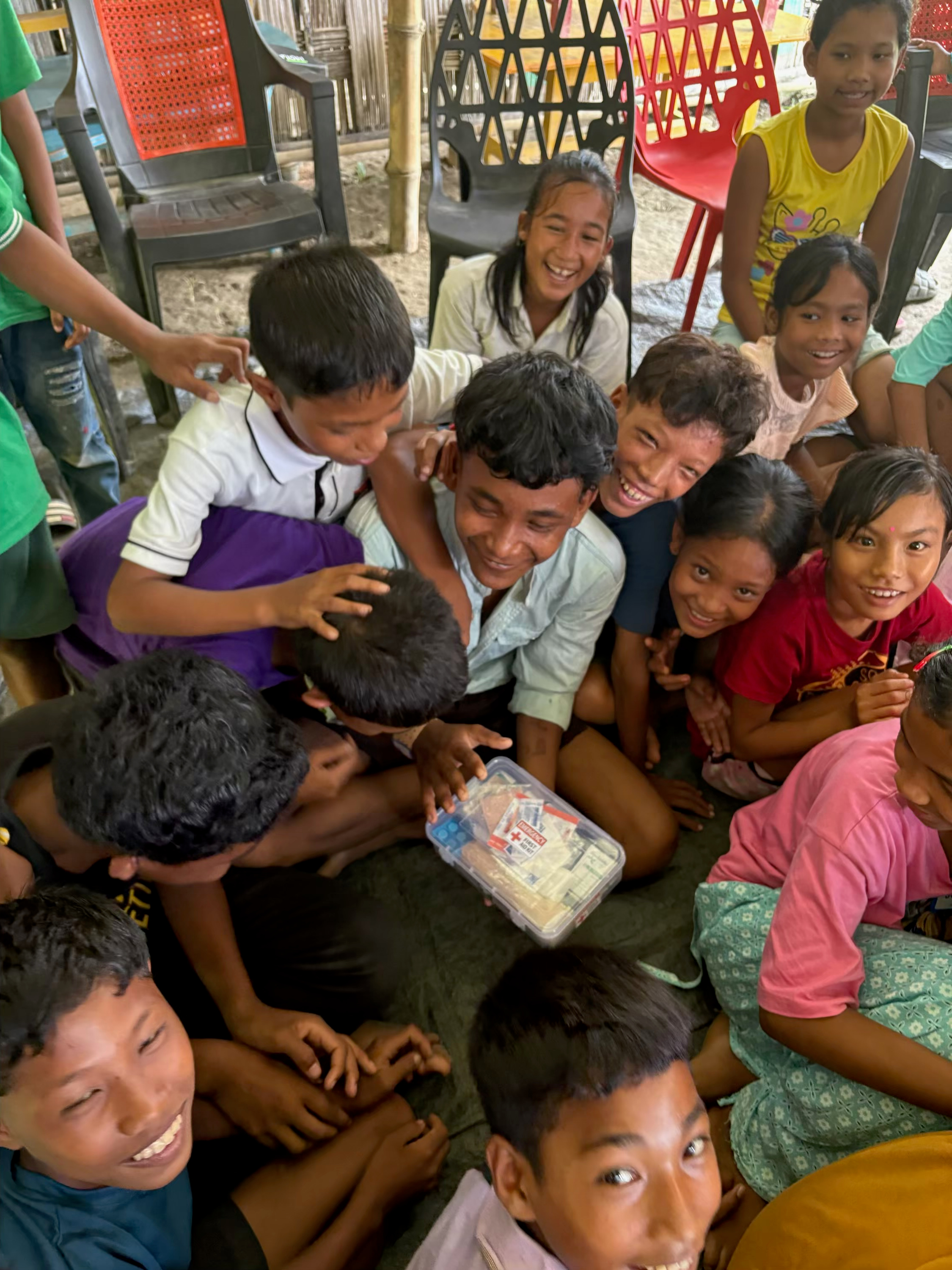
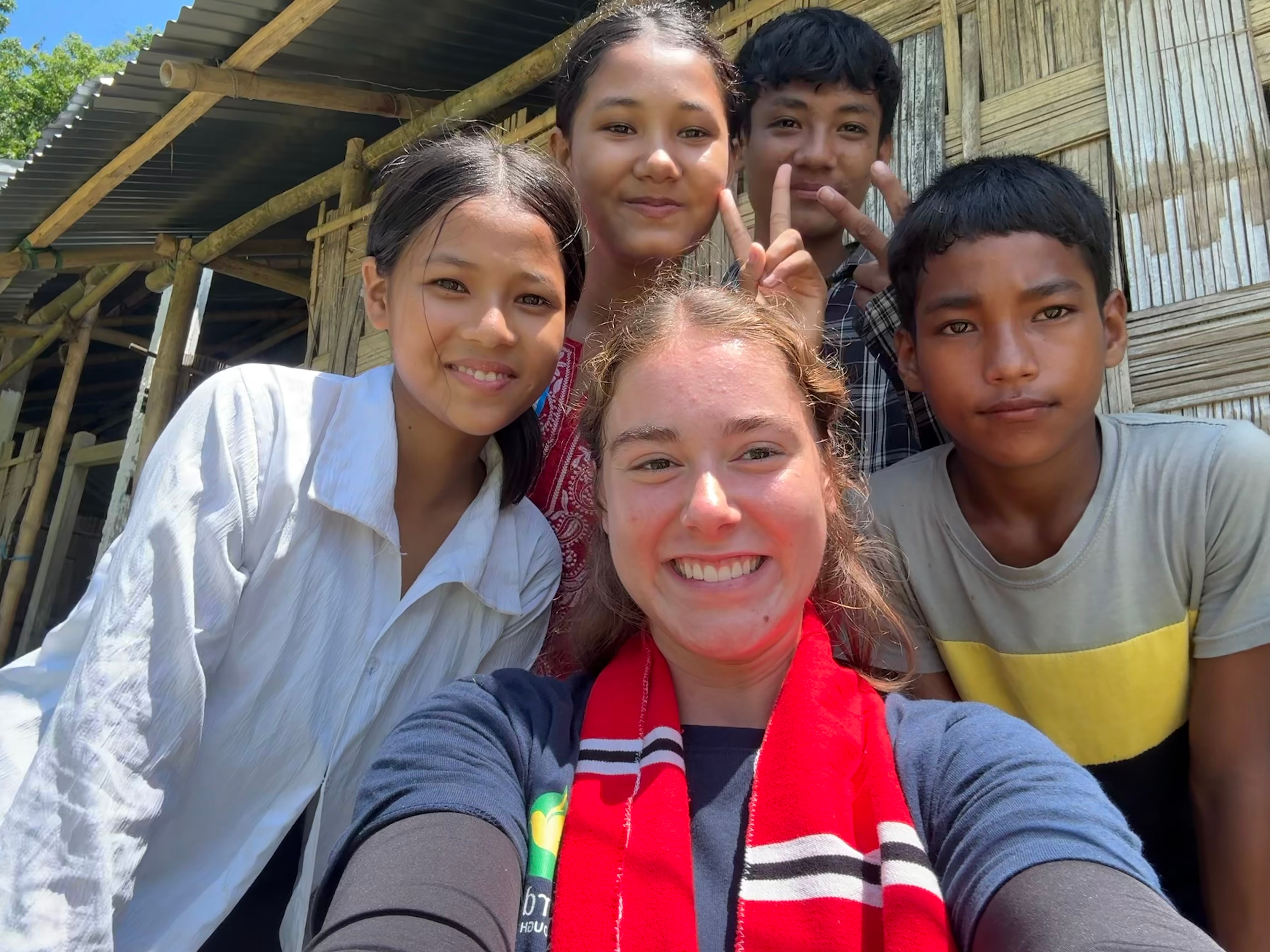
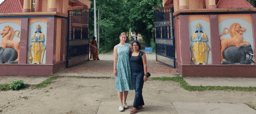

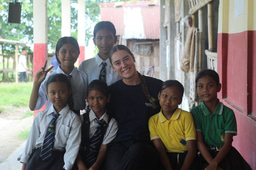

Please sign in
If you are a registered user on Laidlaw Scholars Network, please sign in
Wow this was such a touching LIA blog!! I was smiling all throughout :)